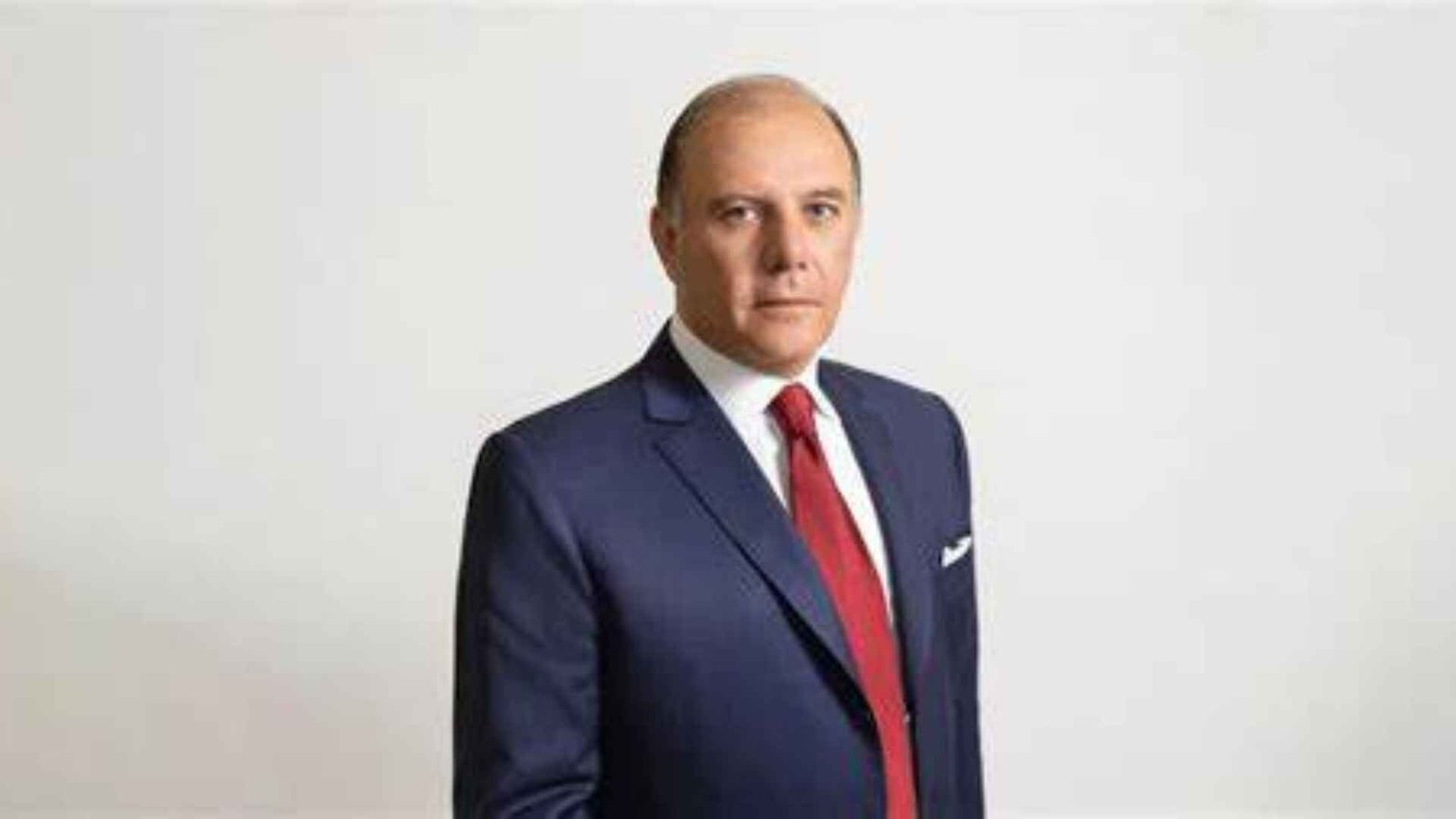In a significant move aimed at revitalizing its economy, Lebanon’s cabinet has appointed Karim Souaid, a seasoned asset manager, as the new governor of the Central Bank of Lebanon. This decision comes at a critical time for the country, which has been grappling with a severe economic crisis since 2019. The appointment of Karim Souaid is seen as a crucial step towards implementing the economic reforms demanded by the international community, particularly the International Monetary Fund (IMF).
Lebanon’s Economic Crisis
Lebanon’s economic woes have been exacerbated by decades of mismanagement and corruption, leading to a banking crisis in 2019. The situation was further complicated by the COVID-19 pandemic and the devastating Beirut port explosion in August 2020. More recently, the ongoing conflict between Israel and Hezbollah has resulted in significant economic losses, estimated at $11 billion by the World Bank. The Lebanese currency has lost much of its value against the dollar, pushing a large portion of the population into poverty and leaving many unable to access their savings.
Karim Souaid: The New Central Bank Governor
Karim Souaid, born in 1964 in Qartaba, Mount Lebanon, brings a wealth of experience to his new role. He is the founder and managing partner of Growthgate Capital, a Gulf-based asset management firm that invests in the Middle East and North Africa (MENA) region. Souaid’s background includes senior positions at HSBC Bank, where he served as the managing director of global investment banking in the Middle East. He has also been involved in various privatization initiatives across Arab countries, showcasing his expertise in banking regulations, capital markets, and financial restructuring.
Souaid’s appointment follows a contentious period since the departure of Riad Salameh, the former central bank governor whose term ended in July 2023. Salameh’s tenure was marred by accusations of financial crimes, both domestically and internationally. The position had been temporarily filled by Wassim Manssouri, who served as the acting governor until Souaid’s appointment.
The Appointment Process
Karim Souaid’s selection was not without controversy. Prime Minister Nawaf Salam expressed reservations about the appointment, emphasizing the need for Souaid to adhere to the government’s reform agenda. Despite these reservations, Souaid secured 17 out of 24 votes in the cabinet, indicating broad support for his candidacy. President Joseph Aoun reportedly backed Souaid’s nomination, highlighting the political dynamics involved in the decision.
Challenges Ahead
As the new central bank governor, Souaid faces significant challenges. He must navigate Lebanon’s complex sectarian power-sharing system, where the central bank governorship is traditionally held by a Maronite Christian. However, Souaid’s appointment breaks this tradition, reflecting a broader shift towards merit-based selections in key positions.
Souaid’s primary task will be to implement economic reforms that are crucial for unlocking international aid. Lebanon has been negotiating with the IMF for a $3 billion loan package since April 2022, but progress has been slow due to the lack of substantial reforms. The IMF has reiterated the need for a comprehensive strategy to reboot Lebanon’s economy, emphasizing data transparency and a clear plan for economic rehabilitation.
Role in Economic Reforms
Souaid will play a pivotal role in restructuring the banking sector, a critical component of Lebanon’s economic recovery. He will need to balance the interests of depositors, who have seen their savings locked away due to the banking crisis, with the need to stabilize the financial system. This includes negotiating a new program with the IMF and presenting a comprehensive plan to preserve depositors’ rights.
Moreover, Souaid will be expected to combat corruption and ensure that the banking system is not used for illicit financing. This is particularly important given the international scrutiny Lebanon faces regarding its financial dealings with groups like Hezbollah.
International Implications
The appointment of Souaid has international implications, as it signals Lebanon’s commitment to reform. The US and France, while not endorsing a specific candidate, have emphasized the need for a governor who will implement reforms and advance an IMF program. Souaid’s experience in international financial markets and his connections with global financial institutions could help restore international confidence in Lebanon’s financial system.
Karim Souaid’s appointment as the central bank governor marks a significant step in Lebanon’s journey towards economic recovery. His extensive experience in banking and finance, combined with his commitment to reform, positions him well to tackle the challenges ahead. However, the path to recovery will be long and arduous, requiring sustained political will and cooperation from all stakeholders. As Lebanon seeks to unlock international aid and rebuild its economy, Souaid’s leadership will be crucial in navigating these complex waters.
In the coming months, Souaid will need to work closely with the government, the IMF, and other international partners to implement reforms and restore stability to the financial sector. This includes addressing the banking secrecy laws, restructuring the banking system, and ensuring transparency in financial dealings. The success of these efforts will depend on Souaid’s ability to balance competing interests while maintaining a steadfast commitment to reform.
Ultimately, the appointment of Karim Souaid as the central bank governor offers a glimmer of hope for Lebanon’s economic future. It represents a move towards professionalism and expertise in key positions, which is essential for rebuilding trust in the country’s financial system. As Lebanon embarks on this challenging journey, the international community will be watching closely, eager to see if the new leadership can deliver on its promises of reform and recovery.




